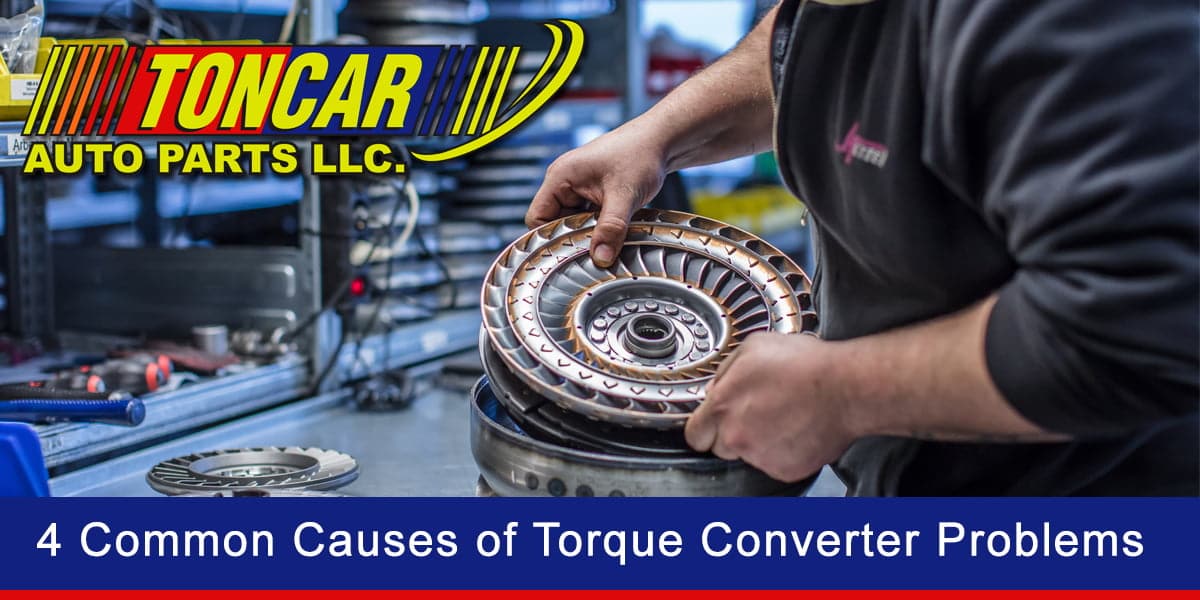It is very common to observe that in many occasions the vehicles breakdown due to failures in the torque converter. But due to lack of knowledge in the area, we assume that the repair needs large amounts of money.
Sometimes we confuse a spare part with another; We attribute the failure to a spare part that turns out to be very expensive, when what we really need to replace is something very simple, and therefore at a more accessible price.
An example of this case are the torque converter problems. The failures that this generates when it is damaged, sometimes we attribute them to a faulty transmission, but what is really failing is the fluid coupling that transfers the torque from the engine to the transmission.
Immediately when we hear about “automatic transmission” we assume that we need to spend considerable sums of money when the cost to replace the torque converter is really modest and not representative.
It is not easy, to make a diagnosis to verify the cause of the transmission failure, not always the cause of the problem will be the torque converter. Keep reading and find out what are the 4 main causes of this type of mechanical failure.
4 COMMON CAUSES OF PROBLEMS WITH THE CONVERTER TORQUE
Although your transmission must be checked to be sure where the fault is, we want to mention a number of possible causes of this type of failure:
Needle bearings are defective.
When the bearings are damaged, the vehicle shows reduced power, strange noises and pieces of metal in the transmission fluid due to contact.
This is because the impeller, turbine and stator use needle bearings to turn freely and this function is not fulfilling it.
Damaged seals
When the torque converter seals do not work, there is a transmission fluid leak; this liquid comes from the piece known as bell.
The problems start in the changes of the speeds, strange noises are heard and there are landslides between gears. Therefore, it is necessary to replace the defective seal.
Worn torque converter clutch
Automatic transmissions have several clutches distributed throughout their assembly.
A defective converter clutch can cause slipping and sudden acceleration of your vehicle, in the same way the car can remain running even if it stops, if this is the case with your vehicle, it may be that the clutch is worn.
Torque converter clutch solenoid failures
If there is something that frequently fails within an automatic transmission it is the torque converter solenoid. It controls the hydraulic transmission fluid pressure.
If your vehicle is sliding, overheats, accelerates sharply, has low fuel consumption and engine stagnation, your problem may be the damaged solenoid.
After reading the above causes and if your vehicle has these failures, it is likely that the torque converter is not working and needs to be replaced.
To solve this problem you can look for used auto parts in Chicago. But if what you really like is to change your car, we offer cash for cars in Melrose Park, IL.
We are waiting for you. Follow us on Facebook

